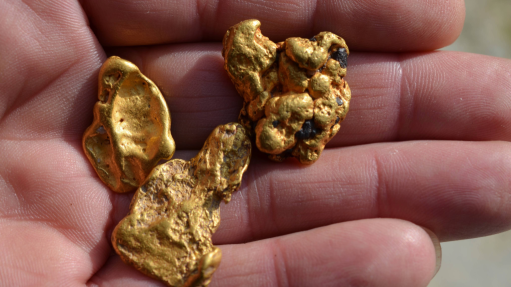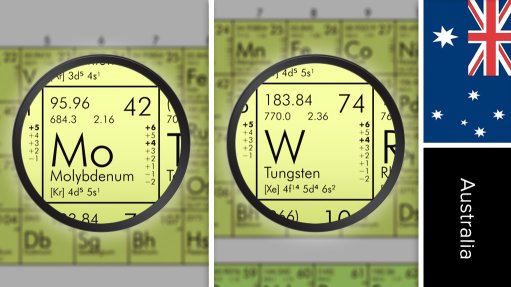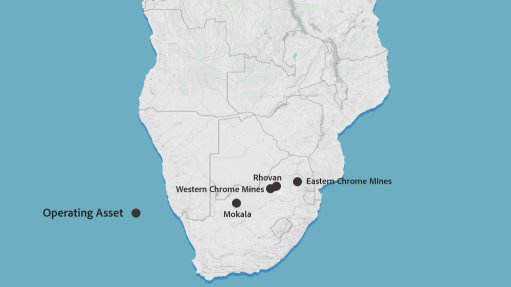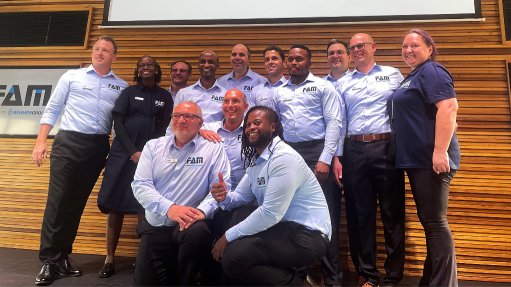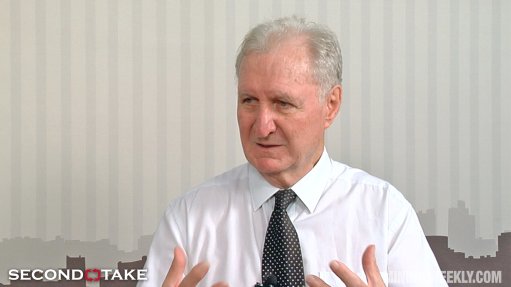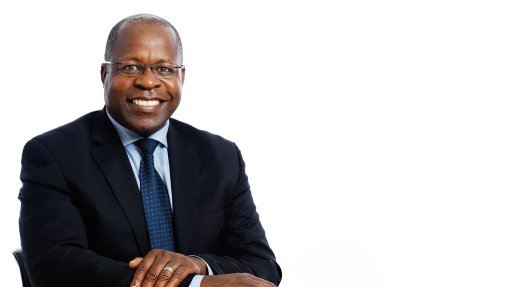Mining is so much more than just digging minerals out of the ground
The Minerals Council South Africa’s members account for 90% of our country’s mineral production. Collectively we believe the growth of the mining industry and the transformation of the economy are not mutually exclusive. We need a stable, predictable regulatory environment that promotes both.
A mining industry that attracts local and international capital for the development of new mines and the expansion of existing operations will create more employment opportunities and attract new entrants.
The mining industry employs 470,000 people in relatively well- paid jobs. These jobs come with a high economic multiplier effect. The industry spends about R7 billion a year on training and skills development. Our programmes provide transferable skills.
Mining is so much more than just digging minerals out of the ground. Companies have extensive Social and Labour Plans, amounting to R3 billion annually, which uplift communities through enterprise and supplier development programmes, as well as large investments in infrastructure, schools and healthcare facilities. In many cases, mining operations take place in remote parts of the country and mining companies step in to provide services and infrastructure that failing municipal governments are not delivering.
Mining accounts for 6% of GDP and R800 billion worth of exported mineral products representing 45% of total exports.
Corporate tax payments amounted to 14% of total corporate tax collection.
Mining companies make up 32% of the JSE Top 40 by market capitalisation. “Mining matters” is not just a slogan, it is a fact!
It is critical for mining companies and investors, throughout the value chain, to have a pragmatic, stable regulatory environment that attracts investment.
It is our considered view that the proposed Mineral Resources Development Bill does not encourage or sustain the growth and investment that the mining industry needs.
The Minerals Council has submitted a detailed document outlining our concerns and we remain constructively engaged during this consultation phase. We do, however, expect somewhat of a protracted period before a redraft emerges, potentially extending into the new year.
The mining industry’s significant contributions to transformation to address historical injustices were made despite the industry facing the a difficult operating and regulatory environment.
Minister Gwede Mantashe has often said on public platforms that the mining industry is the most transformed sector in our economy, and we agree.
Our 2019 study reviewed progress made on Mining Charter 2010. The respondents represented about 70% of total sector production and achieved 39% HDSA shareholding against the 26% target. Ownership was broad-based – employees owned a total weighted average of 7.5%, community members owned 9.4% and HDSA entrepreneurs owned 22.3%.
An Employment Equity study undertaken in 2023, of members representing about half of the industry’s workforce, showed that in many occupational levels, targets were met and exceeded and that, overall, the industry was close to achieving most targets.
Women now comprise about a fifth of employees, which is heartening considering that before 1994 women were legislated out of the underground work force.
Given the contribution that mining makes to the national economy, to employees and communities, it is not difficult to understand why the Minerals Council is so emphatic about the need for a regulatory and operating environment that attracts investment.
It costs R20 billion and 10 years to build a decent sized mine. Very few mining companies have that type of money lying around on the balance sheet. Companies need to operate in an environment that allows them to attract capital in the form of debt or equity to fund projects. Providers of capital will not put their money into risky
environments where their returns are threatened by regulatory uncertainty, crime and corruption and failing infrastructure. At the very least, the cost of capital increases significantly rendering projects unviable that otherwise would proceed.
This is the fundamental starting point of all our discussions with Minister Mantashe and his colleagues, as well as other government departments. The mining industry has been severely constrained during the past three decades by regulatory uncertainty, weak administrative processes, unnecessary delays in licensing authorisations, as well as the
severe repercussions that state capture has had on electricity supply and costs, and rail and port disruptions.
The mining industry has enormous untapped potential in the minerals we already mine and minerals of the future. The Minerals Council will not relent in lobbying and advocating for the best possible regulatory and operating
environment to realise this potential for the benefit of our shareholders, employees, communities and the broader economy.
The Minerals Council is fully engaged with government on the legislative issues at hand including the proposed amendment bill and the proposed chrome export tax issue. It is important for both investment and job creation that rational outcomes prevail, and not inappropriate policy responses to misdiagnosed problems.
Can we achieve growth and transformation at the same time? Of course we can, but we must ensure an enabling policy framework that attracts and retains capital.
Mining is a very people-centric industry and we are deeply connected to the fabric of society. It is important that we succeed!
Article Enquiry
Email Article
Save Article
Feedback
To advertise email advertising@creamermedia.co.za or click here
Press Office
Announcements
What's On
Subscribe to improve your user experience...
Option 1 (equivalent of R125 a month):
Receive a weekly copy of Creamer Media's Engineering News & Mining Weekly magazine
(print copy for those in South Africa and e-magazine for those outside of South Africa)
Receive daily email newsletters
Access to full search results
Access archive of magazine back copies
Access to Projects in Progress
Access to ONE Research Report of your choice in PDF format
Option 2 (equivalent of R375 a month):
All benefits from Option 1
PLUS
Access to Creamer Media's Research Channel Africa for ALL Research Reports, in PDF format, on various industrial and mining sectors
including Electricity; Water; Energy Transition; Hydrogen; Roads, Rail and Ports; Coal; Gold; Platinum; Battery Metals; etc.
Already a subscriber?
Forgotten your password?
Receive weekly copy of Creamer Media's Engineering News & Mining Weekly magazine (print copy for those in South Africa and e-magazine for those outside of South Africa)
➕
Recieve daily email newsletters
➕
Access to full search results
➕
Access archive of magazine back copies
➕
Access to Projects in Progress
➕
Access to ONE Research Report of your choice in PDF format
RESEARCH CHANNEL AFRICA
R4500 (equivalent of R375 a month)
SUBSCRIBEAll benefits from Option 1
➕
Access to Creamer Media's Research Channel Africa for ALL Research Reports on various industrial and mining sectors, in PDF format, including on:
Electricity
➕
Water
➕
Energy Transition
➕
Hydrogen
➕
Roads, Rail and Ports
➕
Coal
➕
Gold
➕
Platinum
➕
Battery Metals
➕
etc.
Receive all benefits from Option 1 or Option 2 delivered to numerous people at your company
➕
Multiple User names and Passwords for simultaneous log-ins
➕
Intranet integration access to all in your organisation









